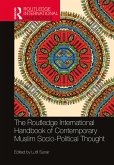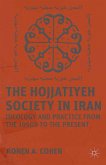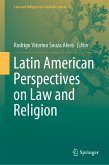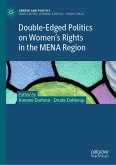Many states in the Islamic Middle East, North Africa, and South Asia that had previously experienced some measure of secularism turned to Islam in the late 20
th and early 21
st centuries. In so doing, they have changed the political landscape of their nations and the entire region, also significantly influencing international politics.
The Islamist Turn outlines, explains, and demonstrates this change. And, on all three counts, the book fills an important gap in our collective knowledge by developing a typology of Islamist turns based on the institutional aspect of the change; offering an ideational explanation of the turns with an emphasis on the political ideologies and strategies of rulers; and studying the cases of Turkey, Egypt, Pakistan, and Iran as exemplary of the Islamist turns in the region.
Dieser Download kann aus rechtlichen Gründen nur mit Rechnungsadresse in A, B, BG, CY, CZ, D, DK, EW, E, FIN, F, GR, HR, H, IRL, I, LT, L, LR, M, NL, PL, P, R, S, SLO, SK ausgeliefert werden.









